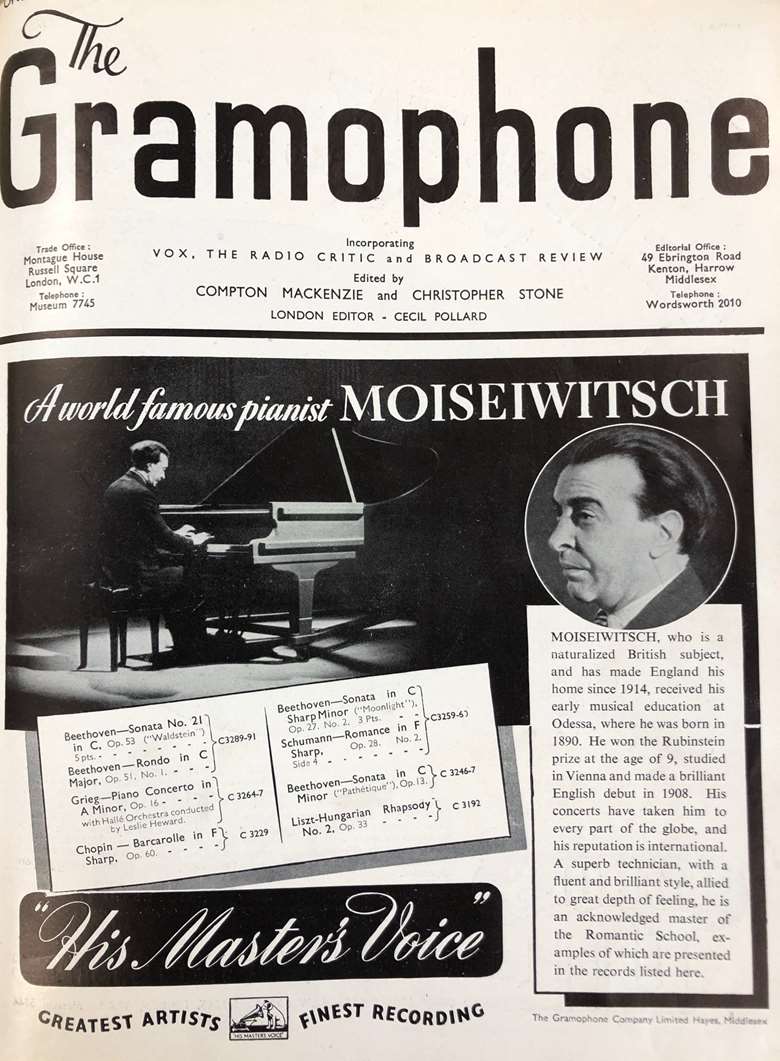Thoughts from our founder – 80 years on
Martin Cullingford, Gramophone Editor
Friday, November 6, 2020
Consulting Gramophone's archives unearthed some powerful parallels

Register now to continue reading
Thanks for exploring the Gramophone website. Sign up for a free account today to enjoy the following benefits:
- Free access to 3 subscriber-only articles per month
- Unlimited access to our news, podcasts and awards pages
- Free weekly email newsletter







